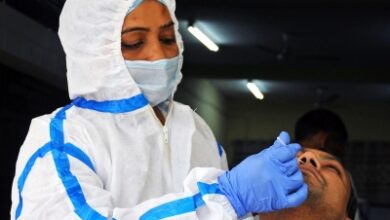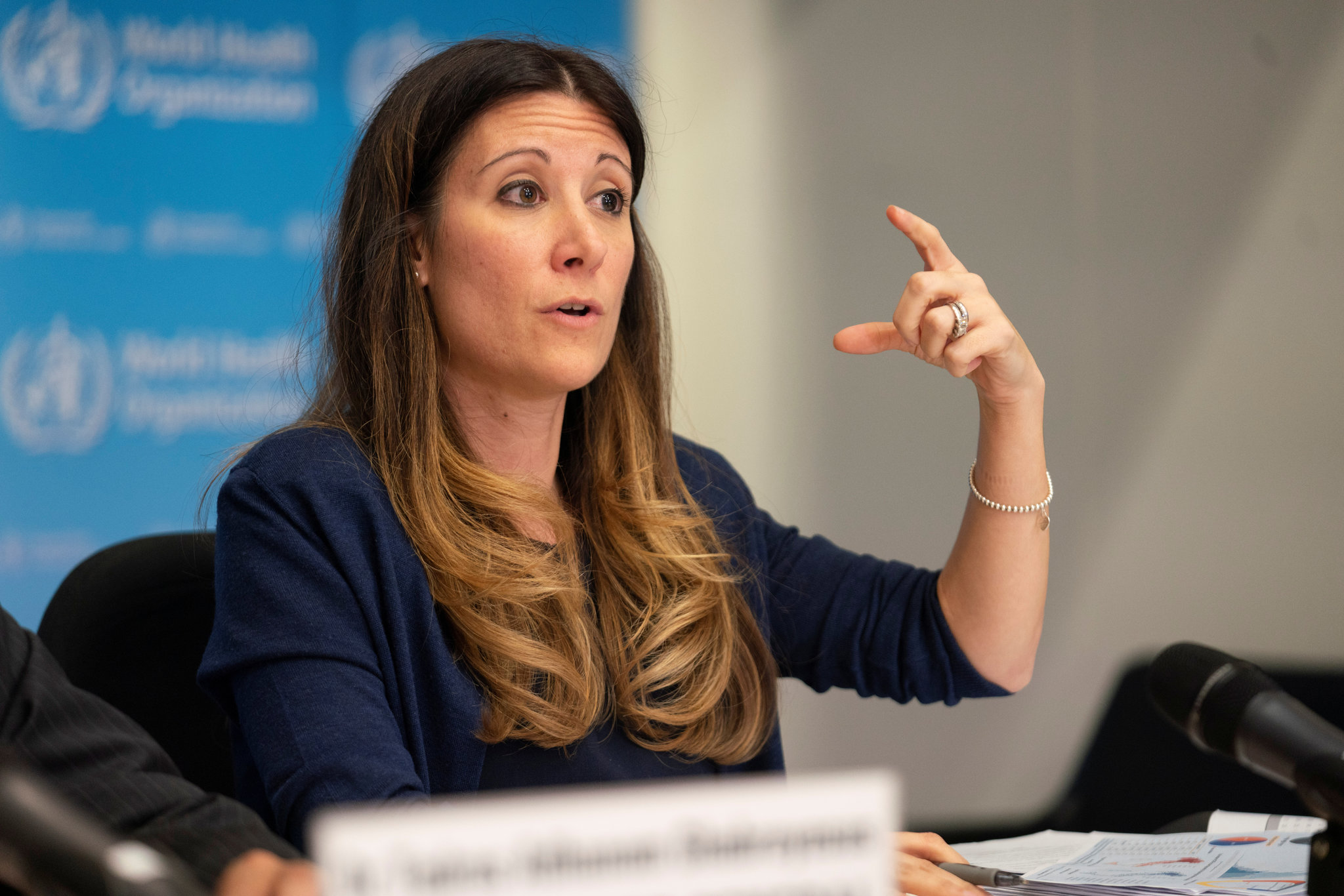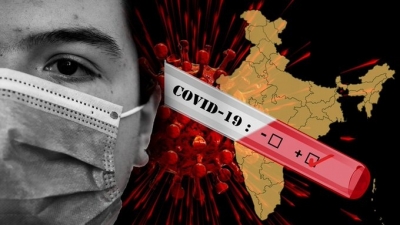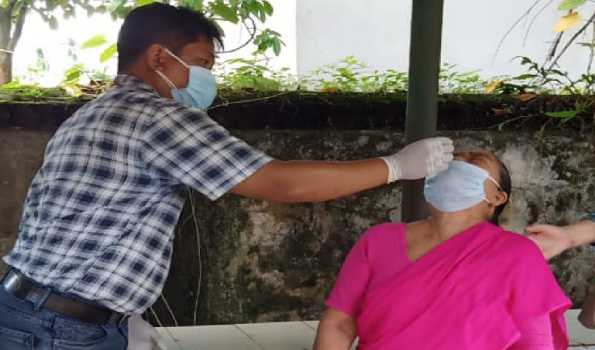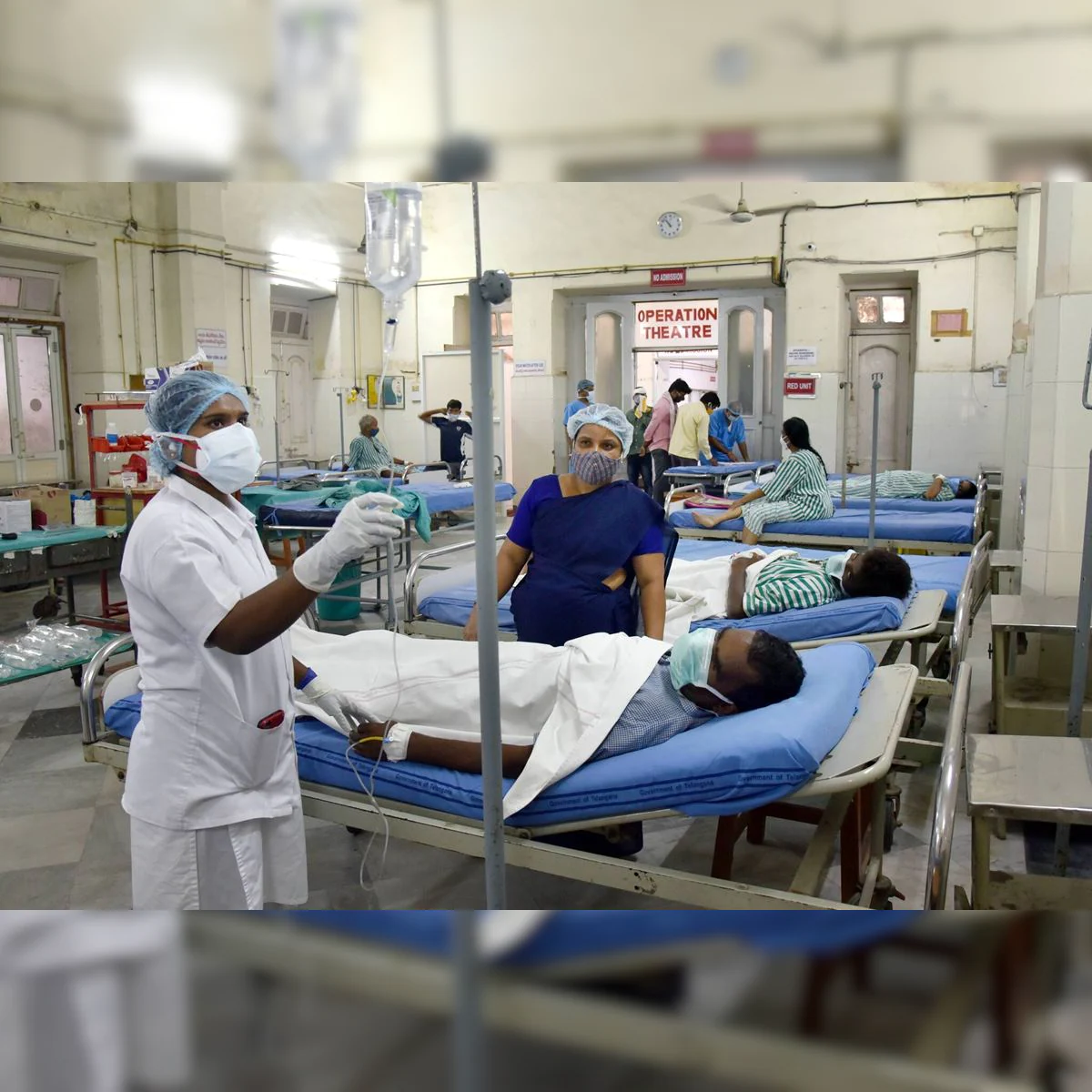
Bhubaneswar: In the past 24 hours, Odisha has reported an uptick in COVID-19 cases, with five new infections taking the state’s total tally to 13. The first case of the season was identified last Saturday, signaling the need for continued vigilance against the virus.
All five patients have been placed under home isolation, exhibiting mild symptoms of JN.1, a sub-variant of the Omicron strain. Health experts have reassured the public that JN.1 is not considered a severe variant, and its symptoms closely resemble those of the seasonal flu.
Despite the seemingly mild nature of this sub-variant, the Odisha Health Department has issued a cautionary advisory, urging citizens, particularly the elderly and those with underlying health conditions, to adopt preventive measures. These precautions include wearing masks and avoiding crowded places. Individuals experiencing symptoms such as fever, cold, cough, and body aches are advised to undergo testing promptly and follow prescribed medical protocols.
As the state grapples with the recent surge in cases, health authorities are intensifying efforts to monitor and manage the situation effectively. The emphasis remains on early detection, isolation, and prompt medical intervention to curb the spread of the virus.
In the broader context, India has reported 4,091 new active COVID-19 cases in the last 24 hours, underscoring the continued challenges posed by the pandemic. Unfortunately, five individuals have lost their lives to the viral infection during this period. The reported deaths occurred in different states, with Kerala, Maharashtra, Puducherry, and Tamil Nadu each recording one fatality.


